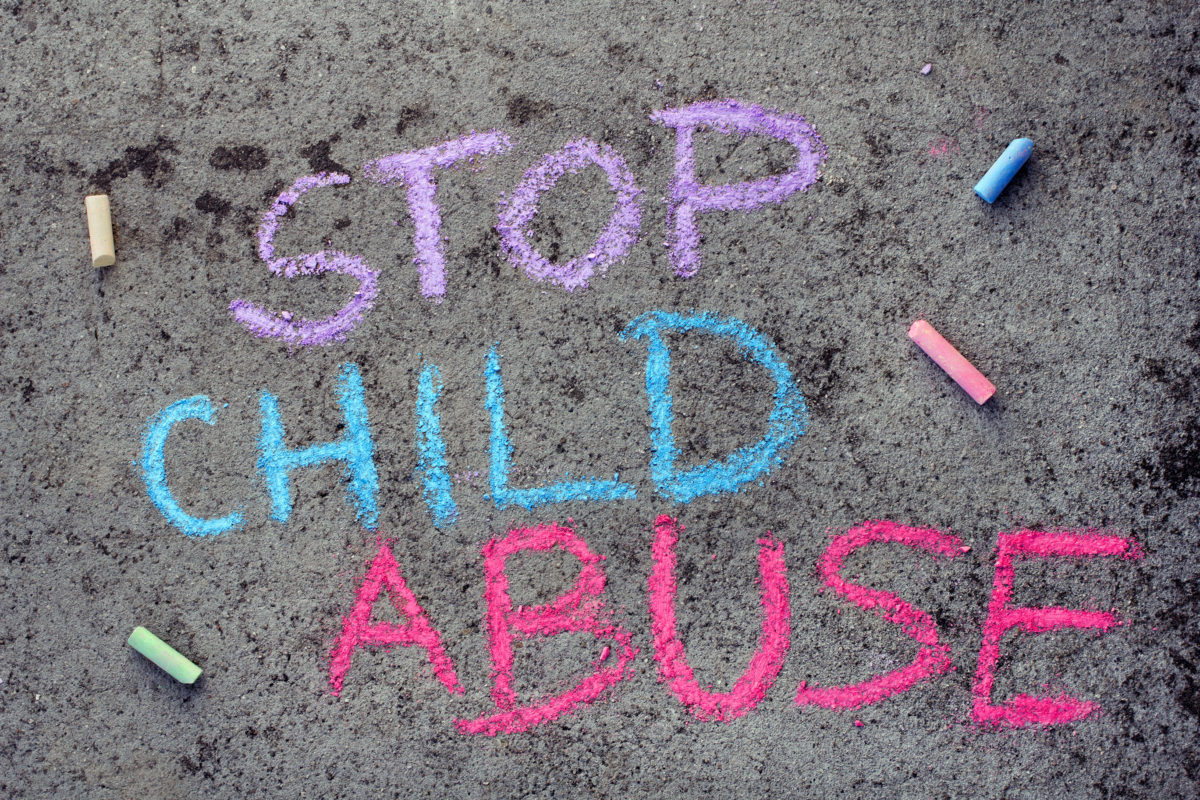
IA, LA, CO, AR Strengthen Legislation Around Child Sexual Abuse, While Efforts In PA Stall
By Aara Ramesh
It might be tempting to think that child sexual abuse is a phenomenon of the digital age, a purely modern trend. While it is true that the epidemic has worsened with the advent of the internet, it has been a problem confronting law enforcement authorities for decades now, and has been just as difficult to prove and prosecute these types of crimes.
Recently, however, as society reckons with the problem of sexual abuse in general and child sexual abuse in particular, a slew of state legislatures have been passing laws designed to eliminate the statutes of limitations (SOL) on child sexual abuse cases, allowing victims of these crimes to get some form justice as adults for the trauma they faced when they were children. In 2021 alone, several states have introduced amendments intended to reform their SOL.
As is characteristic of a federal-style government, each state has different rules. While there are federal laws that establish standards for child protection — for instance the 1974 Child Abuse Prevention and Treatment Act — and while all 50 states do have a legal infrastructure for the protection of children, each state’s own laws on mandatory reporting and criminal and civil SOL vary.
Here is a roundup of the latest legislative action by various states on child sexual abuse:
Iowa became the 14th and latest state to eliminate the SOL on criminal charges for sexual abuse of minors on May 13. The new law covers sexual abuse, incest, sexual exploitation, and human trafficking on all children under 18. Before it was signed into law by Governor Kim Reynolds, there were specific loopholes that meant such crimes could not be pursued beyond 10–15 years after a victim had turned 18. The law only addresses criminal charges, not civil suits, though some lawmakers have expressed openness to addressing this loophole next year. The law passed unanimously in the Senate and with an 84–2 vote in the House.
On May 12, the Louisiana House passed, without dissent, an amendment to the SOL, extending it from 10 years after the crime to 35 years after. The final vote tally was 102–0, and the bill will now go to the State Senate for further debate. This moment is particularly significant as it boosts the oldest age at which a victim can come forward to their 53rd birthday (from the previous 28th). Evidence suggests that, on average, those who have suffered childhood sexual abuse only come to terms with their trauma at 52. According to the bill, however, criminal charges cannot be applied retroactively, meaning that the opportunity for justice has been lost by many victims. There is hope that may be revisited at a later point.
Colorado’s law altogether abolishing the civil SOL on sexual abuse at all ages was passed in April this year and is set to come into effect from Jan 1, 2022. At the time, it did not allow for a retroactive application. On May 13, however, the State Senate passed a bill 31–4 that would “allow survivors’ claims to go forward regardless of when the abuse occurred,” thereby providing recourse for victims who were previously “time-barred from filing claims.” The bill will now head to the State House.
At the end of April, Arkansas legislators passed a law that extends the SOL to age 55 (from the previous 21) and that will establish a lookback window of 2 years, running November 2021–October 2023. This was largely driven by sexual abuse allegations made against the Boy Scouts of America, which has filed for bankruptcy in Delaware. There are almost 900 men from Arkansas included in the suit.
It is not all rosy, however. In Pennsylvania, efforts to pass a bill to temporarily expand the SOL have stalled as the state’s Senate Majority Leader, Kim Ward, said on May 12 she believes doing so would be unconstitutional and would invite lawsuits. Advocates say that she is being pressured by the Catholic Church, but Ward denies these allegations, saying that she is hoping instead to draft a bill that would pass muster in the courts. The state has one of the worst records of child sexual abuse committed by clergymen in the country.
According to some estimates, “About one in 10 children will be sexually abused before their 18th birthday.” The CDC says that about one in four girls and one in 13 boys experience some form of child sexual abuse at some point when they are young. Worryingly, only about one-third of the overall incidents are identified, with even fewer being actually reported, casting doubt about the true scale of the problem. While doing away with SOLs on child sexual abuse cases is a welcome move, a whole lot more still needs to be done to bring justice to many victims, and to prevent more cases from occurring.